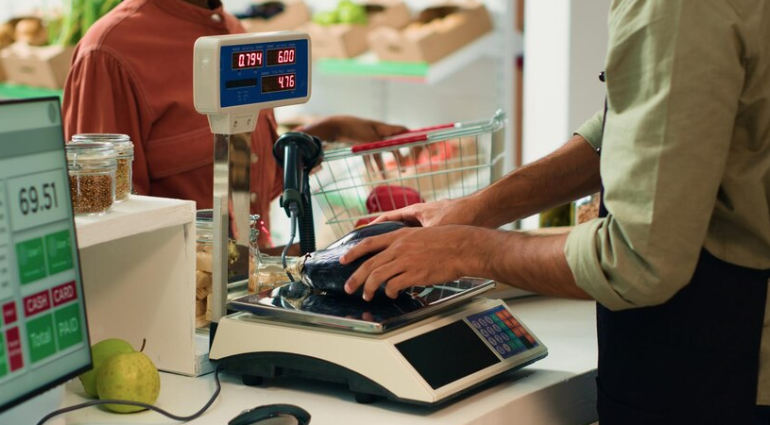The Role of POS Systems in Scaling Retail Operations

In today’s fast-paced retail environment, businesses are constantly seeking smarter ways to streamline operations, enhance customer experiences, and boost profitability. One of the most transformative tools driving this evolution is the Point of Sale (POS) system. Far more than a simple cash register, modern POS systems integrate sales, inventory, customer data, and analytics into one cohesive platform. For retailers looking to scale, a POS system is no longer optional—it’s essential.
1. Centralizing Retail Operations
As retail businesses grow, managing multiple functions—sales, inventory, suppliers, and customers—can become increasingly complex. A modern POS system acts as the central hub that unifies these processes. From tracking sales in real-time to monitoring stock levels and automating reorders, everything happens within a single interface.
This centralization ensures that decision-makers have accurate, up-to-date information, allowing them to make smarter business choices. For multi-store retailers, cloud-based POS systems enable real-time visibility across locations, ensuring consistency in pricing, promotions, and customer experiences.
2. Enhancing Inventory Management
Inventory management is one of the biggest challenges retailers face when scaling operations. Overstocking ties up capital, while understocking leads to missed sales and dissatisfied customers. A POS system automates inventory tracking, alerting managers when items are running low or when certain products aren’t moving as expected.
Advanced POS software can even forecast demand based on historical sales data and seasonal trends. By providing this level of precision, retailers can reduce waste, optimize inventory levels, and ensure that popular products are always in stock—critical factors for sustainable growth.
3. Improving Customer Experience
A scalable retail business thrives on loyal, satisfied customers. POS systems enhance the customer journey from checkout to post-purchase engagement. With features like faster payment processing, integrated loyalty programs, and personalized discounts, POS systems make shopping more seamless and enjoyable.
Moreover, customer data collected through POS transactions helps retailers understand purchasing patterns and preferences. This data can be leveraged for targeted marketing, tailored promotions, and improved customer service—key elements in building long-term relationships and repeat business.
4. Enabling Data-Driven Decision Making
In the digital age, data is power. A robust POS system generates valuable insights into every aspect of the business—top-selling products, peak sales hours, employee performance, and more. Retailers can analyze this data to identify trends, adjust pricing strategies, or optimize staff scheduling.
For instance, sales analytics might reveal that a particular product sells better in one location than another, prompting strategic redistribution of inventory. Over time, these insights translate into smarter decisions, reduced costs, and improved operational efficiency—core ingredients for scaling successfully.
5. Streamlining Multi-Channel Sales
Modern retail isn’t confined to physical stores. Consumers expect a seamless shopping experience across in-store, online, and mobile channels. A cloud-based POS system integrates these touchpoints, allowing retailers to manage sales and inventory from all channels in one place.
When a customer buys online for in-store pickup, the POS automatically updates stock levels and sales records, ensuring accuracy and consistency. This omnichannel integration strengthens brand reliability and enhances customer satisfaction—both crucial for long-term growth.
6. Supporting Financial Management and Compliance
As businesses expand, maintaining accurate financial records becomes vital. POS systems simplify accounting by automatically recording transactions, taxes, and refunds. Many integrate directly with accounting software like QuickBooks or Xero, reducing manual errors and saving time during audits or tax season.
Compliance with data security standards, such as PCI DSS, is also handled efficiently through secure payment processing and encryption—protecting both the business and its customers.
Conclusion
Scaling retail operations requires more than just increasing sales—it demands smarter, more efficient systems to manage complexity. POS systems empower retailers to streamline workflows, gain real-time insights, and deliver exceptional customer experiences. Whether you’re operating a single boutique or a nationwide chain, the right POS solution can serve as the backbone of growth.
In essence, investing in a modern POS system isn’t just about keeping up with technology—it’s about setting the foundation for sustainable, scalable retail success.






